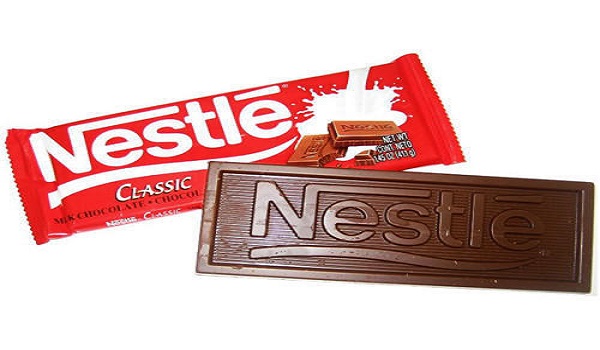Swiss-based Nestle is anticipated to report a slight decline in total real internal growth, a measure of sales volumes across its product range, including chocolate, coffee, and other foods, with a 0.5% drop in the first half compared to the previous year, according to a company-provided poll.
Industry analysts and traders predict further challenges for Nestle and its competitors as they face declining sales volumes in confectionery products. Chocolate manufacturers typically purchase cocoa up to 12 months in advance of production and sales. When cocoa prices tripled in the first quarter of this year, many in the industry were still compelled to stock up on the essential commodity, as reported by cocoa traders to Reuters.
“Production costs for chocolate makers will definitely rise in the fourth quarter due to pre-purchased cocoa contracts, which are paid for upon receipt of goods,” commented a Europe-based cocoa trader.
The anticipated increase in production costs is expected to be passed on to consumers and retailers in the fourth quarter, a crucial period for the industry with significant sales around Halloween and Christmas. “If pricing pressures occur, they will likely start in the fourth quarter, especially towards Christmas, a peak season for chocolate,” said Bruno Monteyne, an analyst at Bernstein. “Christmas won’t necessarily be cheap.”
Nestle, known for products such as Aero bars, Milkybar, Quality Street, Milo drinks, and Nesquik shakes, has declined to comment ahead of its first-half earnings report. Meanwhile, Swiss chocolate maker Lindt & Spruengli announced on Tuesday that it would need to further increase prices due to high cocoa costs.
“The situation is indeed concerning for the entire industry,” noted Jean-Philippe Bertschy, expressing worries about potential sales volume impacts in 2025 if price hikes persist. “Overall sales in the chocolate sector have been depressed so far this year,” he added.
Nestle has seen its market share in the European chocolate confectionery sector decline for 14 consecutive quarters in favour of cheaper brands and private label products, according to NielsenIQ data analysed by Bernstein. Despite this, value sales have increased in most quarters, driven by higher prices. For instance, a pack of six regular Kit Kat bars costs £6.99 ($9.03) on Amazon UK, with six Kit Kat Chunky bars priced at £12.99.
Swiss chocolate manufacturer Barry Callebaut reported a 0.3% drop in sales volumes for its third quarter ending in May, attributing the rise in costs to high cocoa prices. While declines in the prices of other commodities such as soy and wheat have helped mitigate some costs, some companies are adjusting recipes to use less cocoa.
However, Nestle has maintained that it will not alter the recipe of its Kit Kat bars. CEO Mark Schneider has reiterated this stance in previous earnings reports, ensuring the company’s commitment to maintaining product quality despite rising costs.


